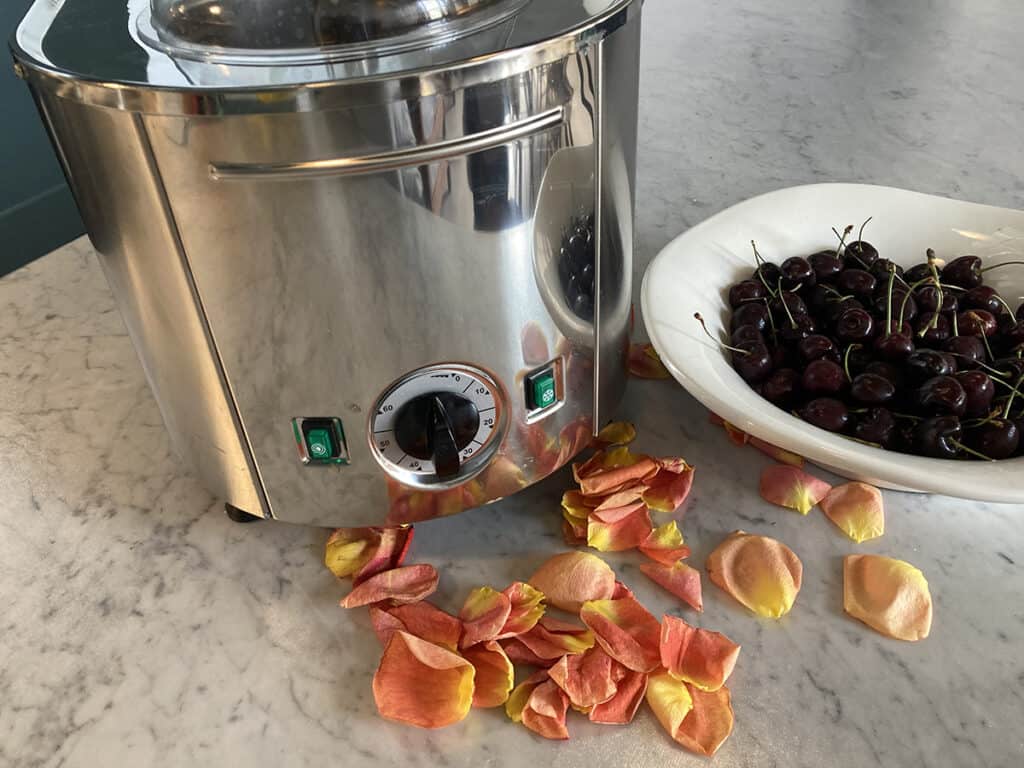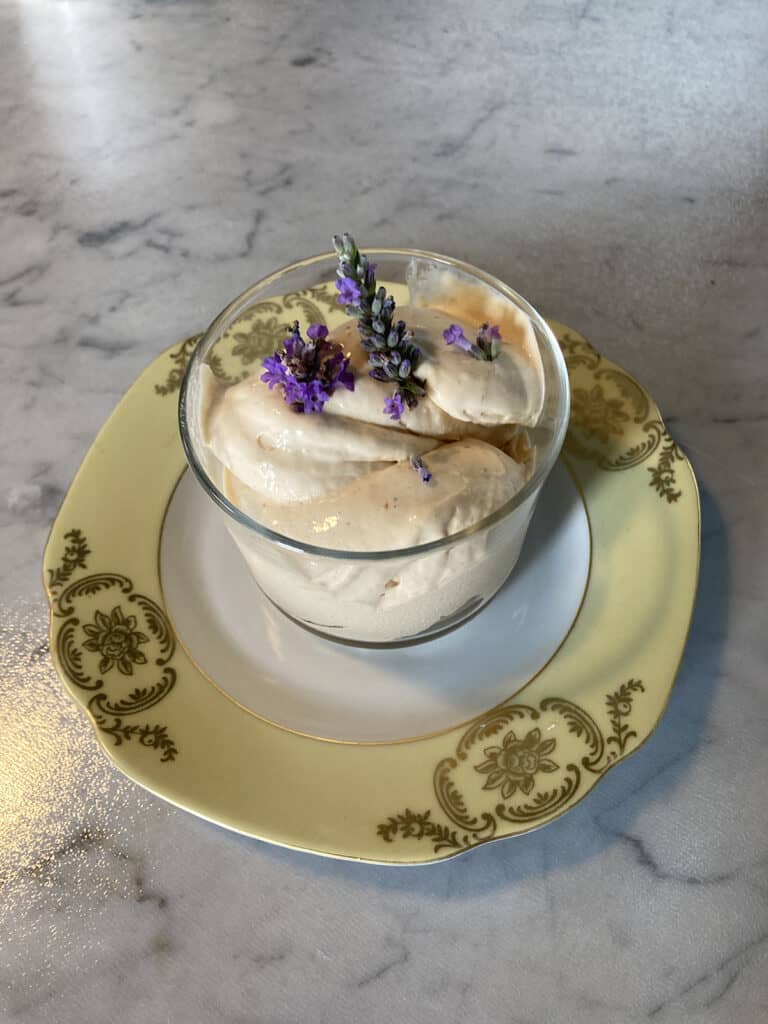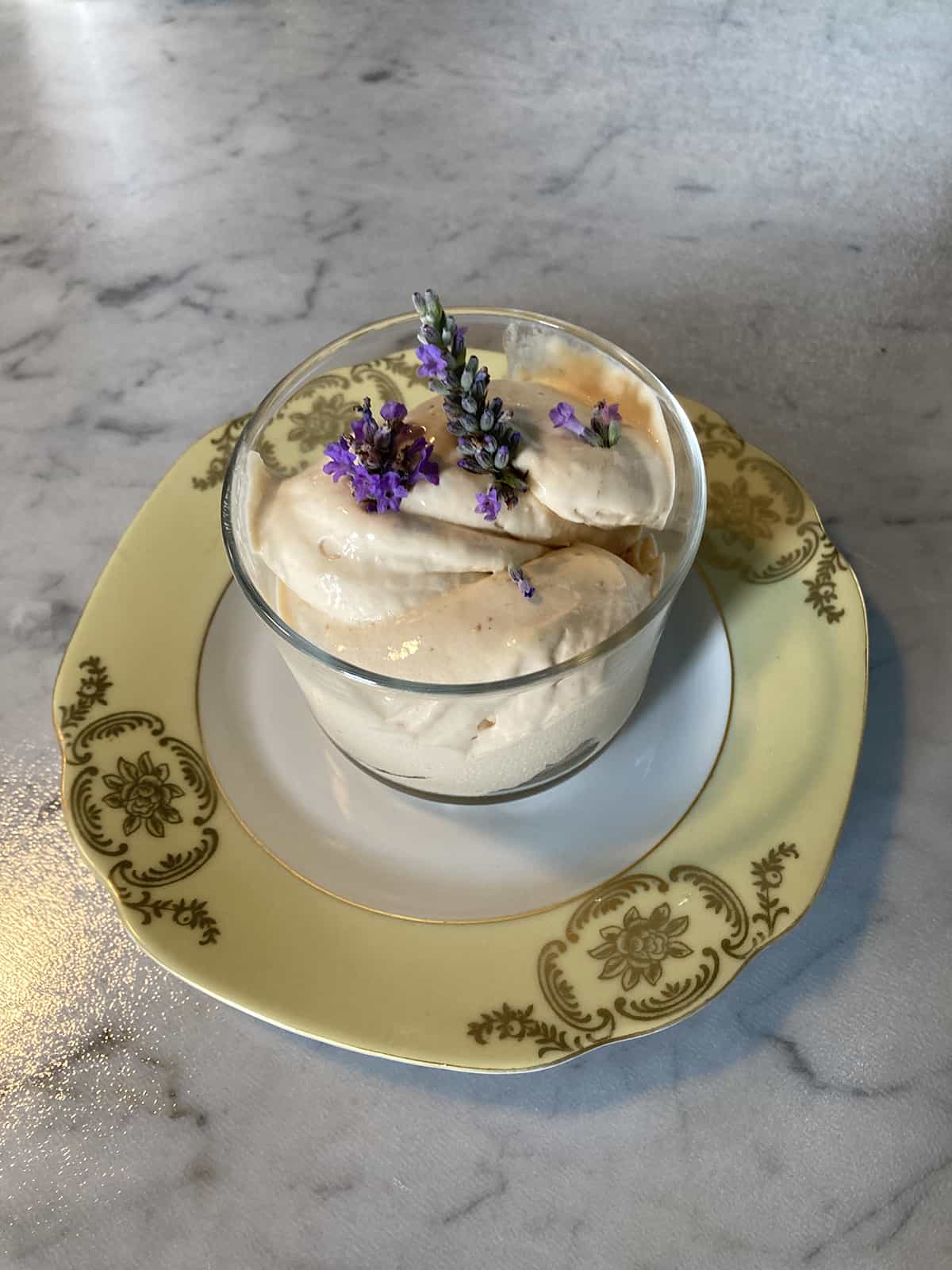How to Make Superior Ice Cream at Home
It’s a secret among pastry chefs that superlative ice cream is easier to make than non-professionals commonly believe. Deep-flavored ice cream that is quickly churned and served fresh from the machine when it is still the consistency of soft serve can be the stuff of dreams. Because such ice cream often has no stabilizers, your only hope of tasting it is to order it in a top-drawer restaurant or to make it at home. And for that you need a powerful machine with a built-in freezer unit. While it’s true that you could go for a model that uses an insulated bowl — the kind that require hours in the freezer before use — those machines simply can’t compete, texture-wise, with models that have their own condensers.

Even among machines with freezers, however, quality varies. If you want to experience ice cream heaven, if pretty good ice cream just won’t do, then make room in your pantry for the Lello 4080 by Musso Lussino, a forty-pound, mostly stainless steel Leviathan ice-cream maker that is manufactured in Italy. With just two buttons (one for the steel dasher and the other for the chiller) and a wind-up timer, it’s the kind of old-school analogue unit that will appeal to equipment connoisseurs, kitchen-control freaks, and gelato masters. Anyone who has tried the Lello will tell you that it yields glorious, stretchy, almost taffy-like ice cream (and gelatos, sorbets, and frozen yogurts). At forty pounds, it is heavy, but, oh, the results!
A somewhat lighter unit is the Breville BCI600XL Smart Scoop Ice Cream Maker, which weighs in at thirty pounds and has a slightly smaller footprint than the Lello. Ice cream quality-wise, however, the end product is closer to what you get using an insulated bowl model. Still, the Breville is worth considering if you would like to make multiple batches of ice cream without having to stop and re-freeze the bowl.
Of course, impeccable ingredients make all the difference, too, so you’ll want to stock the fridge with fresh organic eggs, milk, and cream as well as armloads of ripe local fruit and herbs such as lavender, lemon balm, scented geraniums, and mint. And on days when it is too hot to even think about going shopping, consider a Roman classic: affogato. The word means “drowned” and it refers to the shot of espresso that is poured over a scoop of vanilla gelato (served in a heat-proof glass, of course). It is simultaneously cold, sweet, hot, and bitter, and it will make you happy that you are right where you are, relaxed as a Roman, enjoying your ice cream away from the crowds, at home.

Lavender and White Peach Ice Cream
The flavor of fresh lavender should be just barely perceptible in this ice cream. If you omit the peaches and the lavender, the recipe makes delicious vanilla ice cream — just the thing for affogato.
Ingredients:
1 lb. ripe white peaches
1 1/4 cup superfine sugar
1 1/2 cups organic heavy cream
1/2 cup organic whole milk
4 egg yolks
1 tbsp. fresh, unsprayed lavender buds, rinsed and a few whole buds to garnish
1 vanilla bean, split down the middle
Rinse the peaches and, working over a non-reactive saucepan to collect the juices, tear them into rough pieces, discarding the pits. Add 1/4 cup of sugar to the peaches and juices and toss the fruit really well in the sugar. Cover the saucepan and simmer over a low flame for ten minutes, just until the peaches start to soften. Chill the mixture in the refrigerator.
Bring the milk and cream to a simmer and turn off the heat. Add the lavender buds and let them steep in the cream for no longer than 15 minutes or they will overpower the dessert. At the end of that time, strain them out and scrape the innards of the vanilla bean into the cream. Toss in the spent bean too.
Make the custard. In a heat-proof Pyrex measuring cup, whisk the yolks with the rest of the sugar. Continue to whisk as you pour the hot milk-cream mixture over the yolks, then return the mixture to the saucepan, whisking constantly over low heat (taking care not to curdle the eggs) until it reaches 180 F. Transfer the custard to a bowl with a lid and chill it well in the fridge, stirring occasionally, then churn in an ice cream maker, following the manufacturer’s instructions.








